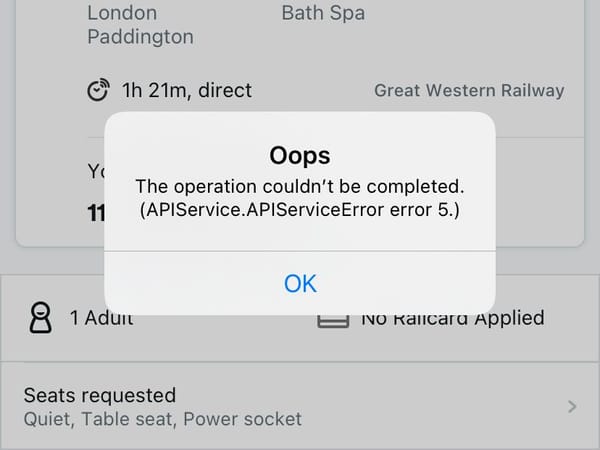
Testing Spectral Style Guides with Jest
Readers of this blog will be familiar with the concept of Automating API style guides implemented with programable API linters like Spectral. When combined with the power of API Design-First, these API style guides can power the core of your API design reviews, improving consistency and reducing the frequency of












